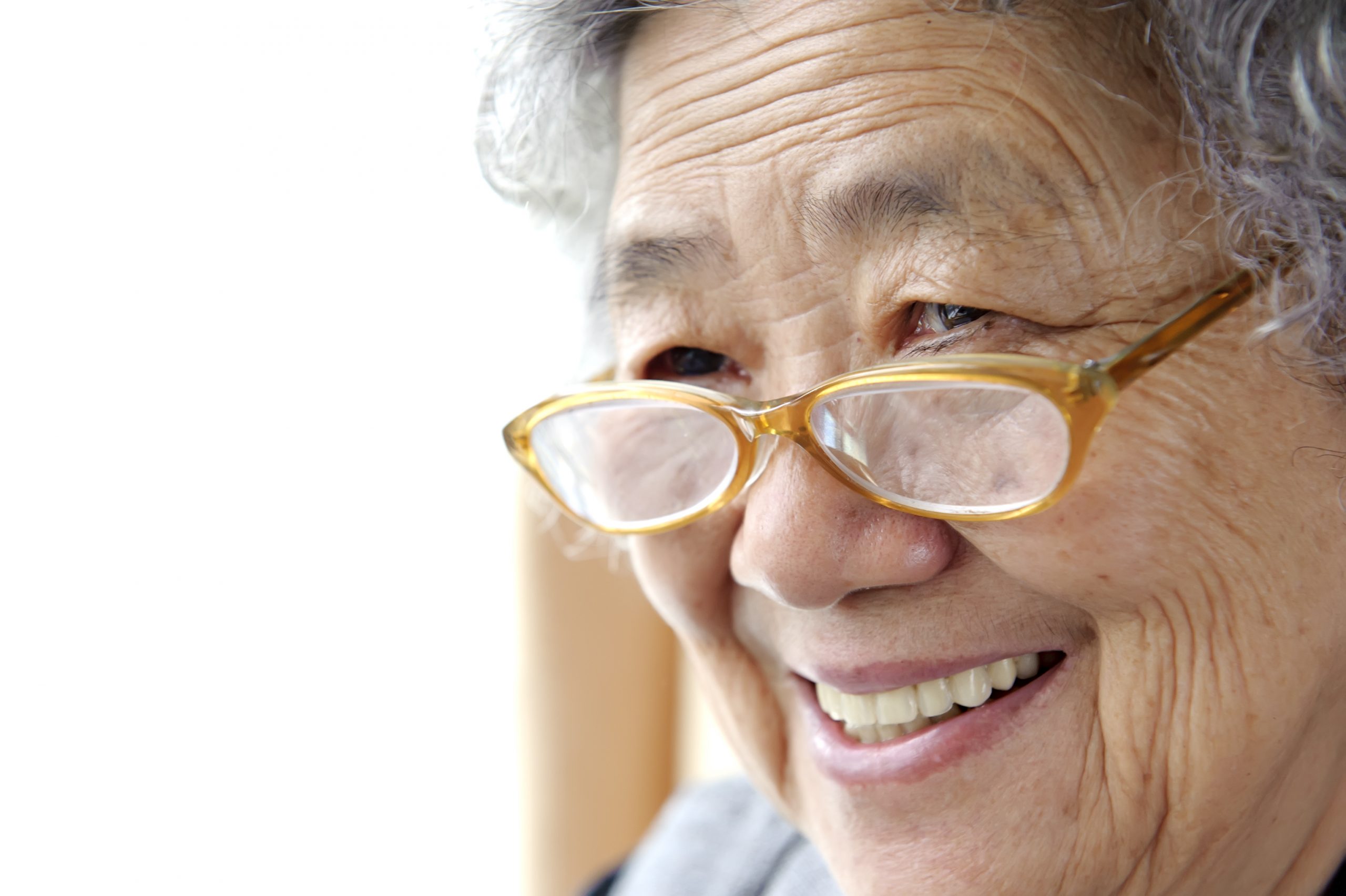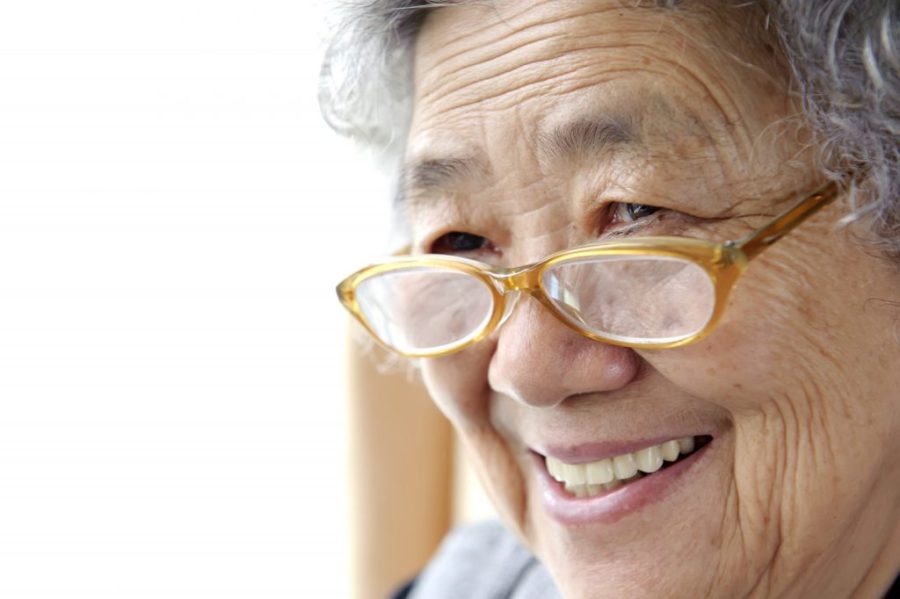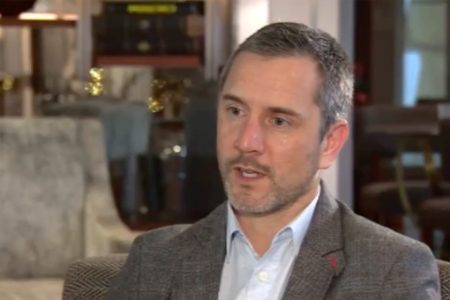For decades, 88-year-old Kin* who was born in Hong Kong but moved to Macao when she was only three years old has maintained a well-regulated lifestyle. She rises at 5 am and goes to bed at 8 pm like clockwork. Every day, she goes for a morning walk around her neighbourhood on Avenida Horta e Costa, followed by 15 minutes of basic exercise. Around noon, she enjoys several cups of tea at a nearby Chinese restaurant or visits fellow seniors at local community centres to chat or watch TV together.
Despite her age, Kin still walks with steady steps. Her voice is firm and clear. The mother of nine sons and three daughters shares her approach to life with Macao News: “My motto is to keep things simple. Eat light and healthy food; go to bed early and get up early. As long as I can eat and sleep well, I am happy.”
Kin’s longevity mirrors the city’s collectively long lifespan. According to The World Bank, life expectancy in Macao has increased dramatically from 68.9 years in 1969 to 84.1 years in 2018, making it the fourth-longest in the world, surpassed only by San Marino, Hong Kong and Japan.
Like many older residents, Kin fondly calls Macao the “blessed land”. “Lives in Macao are stable and secure. We seldom experience natural and man-made disasters. Senior residents receive free medical treatments and subsidies. Therefore, people can live a long and peaceful life here,” she says.
There may be something to Kin’s “blessed land” theory. According to the World Health Organization, accidents including road injury and infectious diseases such as influenza are the main causes of death among younger age groups; however, that isn’t the case in Macao.
According to the 2016 Demographic Statistics, fatal accidents in Macao account for 1.4 per cent of deaths compared to 6.6 per cent globally. Meanwhile, the city has also been effective in controlling the spread of infectious diseases. For instance, during the flu season between September 2019 and January 2020, only one death was recorded. Macao has also successfully curbed the Covid-19 outbreak with effective immigration and quarantine requirements. As of 5 March 2021, the city only has 48 confirmed cases of Covid-19 and no death has been recorded.
“Macao’s public health and primary health care are relatively comprehensive, which provides a good safety net for the younger population, such as free vaccination for local residents under 18 and free pregnancy check-ups for all local residents. Moreover, while natural disasters are rare, Macao society also has good policies and high awareness on public safety, which effectively protect the health and safety of its citizens,“ says Cheong Pak Leng, an assistant professor at Kiang Wu Nursing College of Macau.
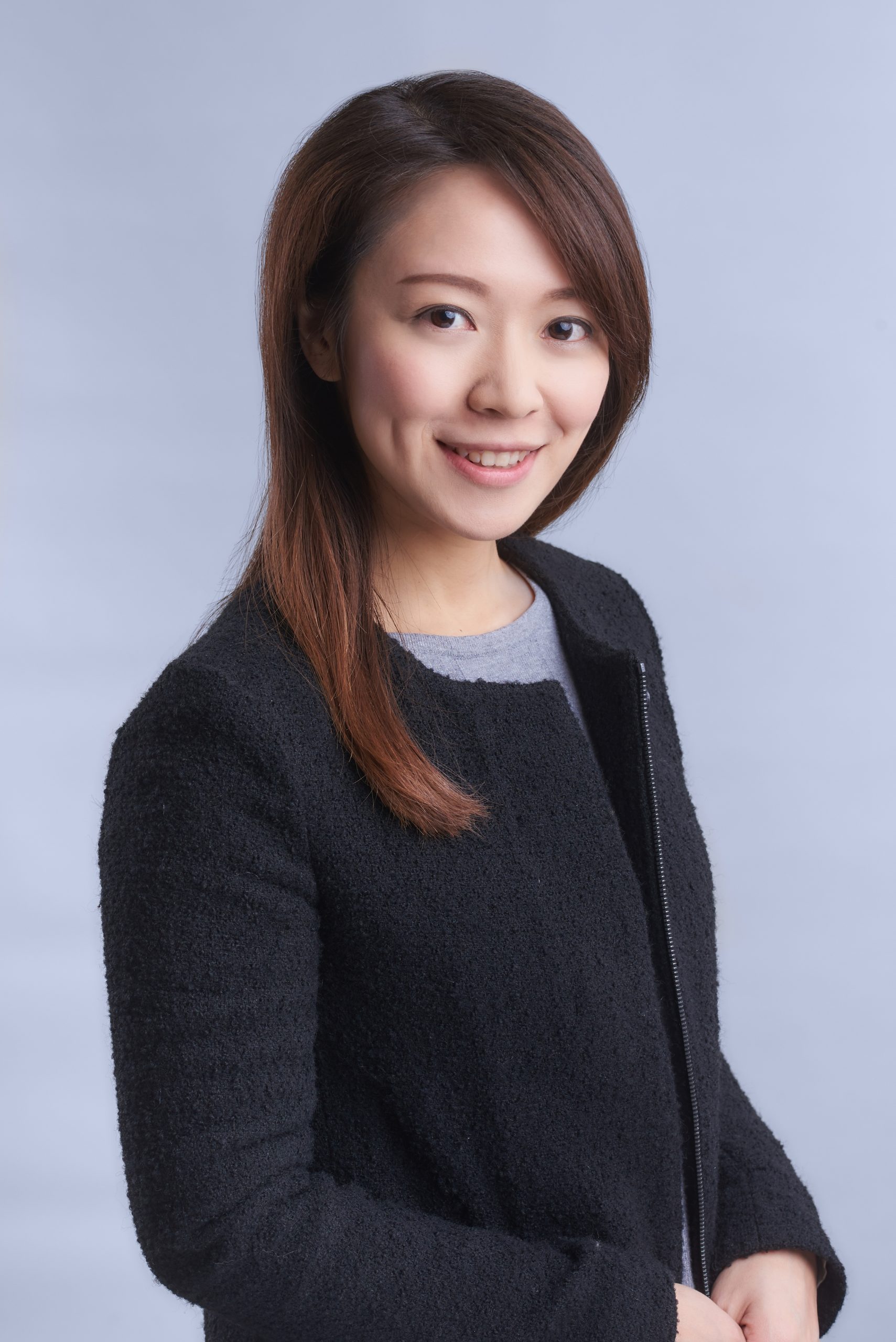
“As a result, chronic diseases become the major cause of death in Macao. Here, patients with chronic diseases have a better chance of living a long life if they can keep their conditions under control with a healthy regiment and medical support,” says Cheong. According to the 2016 population census, almost 70 per cent of deaths comprised chronic diseases such as cancer, high blood pressure and cardiovascular disease.
Kin, for example, manages chronic conditions as part of her relaxed lifestyle. To control her diabetes and high blood pressure, she must watch her diet carefully, take medication daily, and monitor her blood glucose level on a regular basis.
Kin’s main caretaker is her daughter Esther*, a nephrology nurse (focusing on kidney health) working at a local hospital. While praising her mother for maintaining a healthy lifestyle and strict diet, she mainly attributes her mother’s long life to the comprehensive health care provided by the government: Not only does Kin enjoy free medical services at public healthcare facilities (a benefit granted to citizens 65 and older, as well as to patients suffering from cancer and mental illness), but she also has access to top-shelf medication.
In 2009, the government established the Commission for the Prevention and Control of Chronic Diseases, allocating a lot of resources and capital to maximise preventative health care. Permanent residents of Macao can access a range of free services such as vaccinations, cancer screenings and consultations on how to quit smoking (smoking is recognised as a high-risk factor for a number of chronic diseases such as cardiovascular disease, diabetes and cancer).
Simultaneously, Macao’s Health Bureau works with various non-profit medical institutions, such as Macau Worker’s Clinics and the Medical Center of People, to support residents with chronic conditions, including patient transportation and home care (ie, cleaning wounds, renewing medications, food delivery and bathing). Public health social workers also conduct regular home visits to provide emotional support and guidance for families dealing with chronic diseases.
“Under this healthcare policy, even seniors living alone or without a family can receive the care they need,” Cheong says. She advocates for even more aggressive intervention: “Instead of waiting for patients to seek help from the system, the medical stuff can proactively discover people in need and follow up on their cases. This can help reduce the occurrence or deterioration of chronic diseases, and thus improve people’s quality of life.”
In addition to medical support, Macao’s senior permanent residents are also entitled to a range of financial assistance, including a monthly pension of MOP 3,630, an annual subsidy of MOP 9,000, as well as the annual MOP 10,000 cash handout. Seniors living on their own with financial difficulties can apply to live in clean and safe social housing.
“With government subsidies, many seniors in Macao have little financial stress,” says Esther. “So all that’s left is the unpleasant emotion brought by loneliness and social isolation.”
To date, comprehensive research regarding the mental health of seniors in Macao is lacking; however, the 2016 Population By-Census shows that the number of families comprising senior individuals and senior couples has increased by 35 per cent.
To help improve the mental health of the older population, the government and various local NGOs have organised a programme of interactive and recreational activities, such as classes, luncheons and tours of local landmarks.
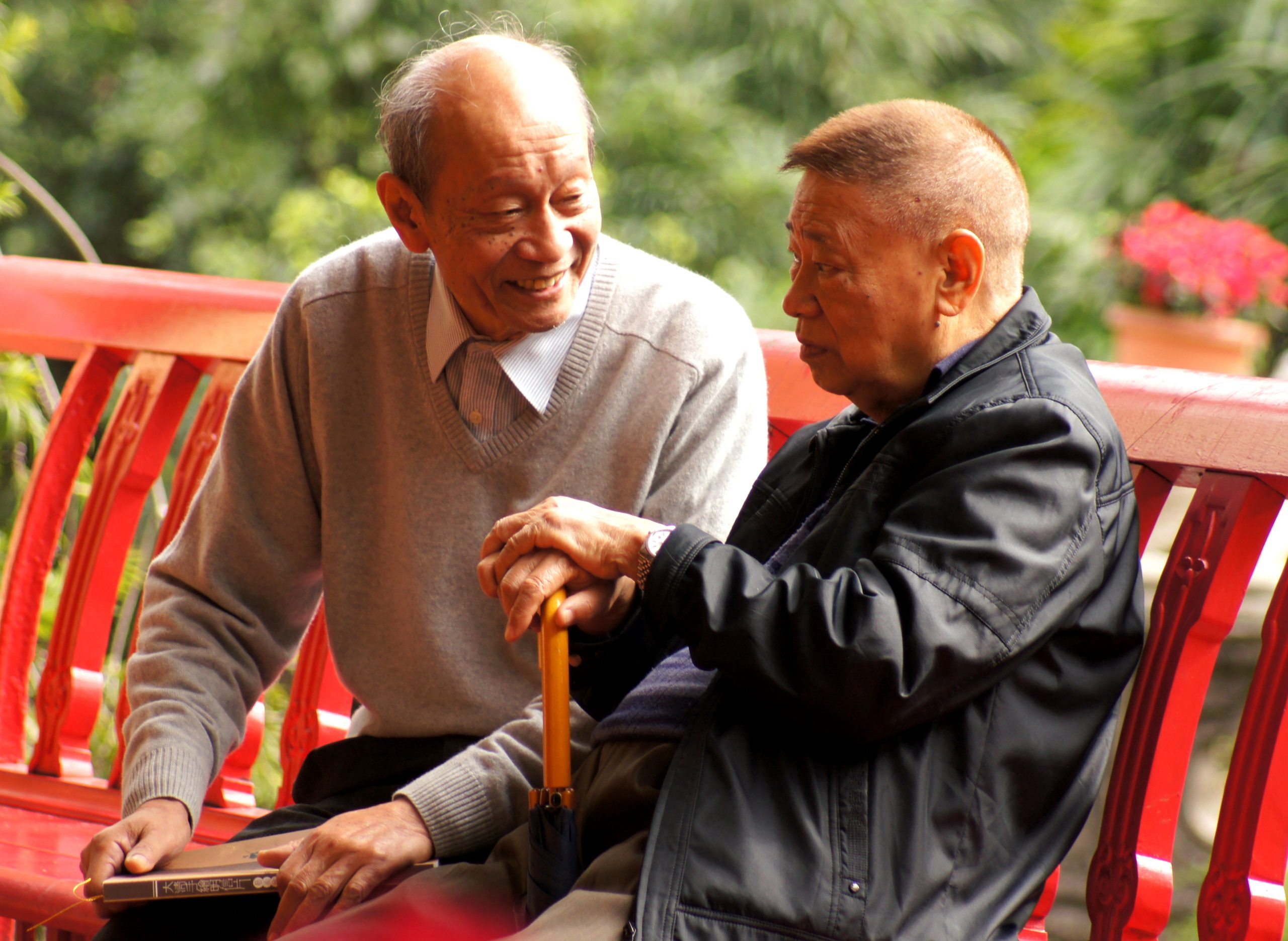
Cheong says organisations and families alike need to take it one step further, raising more awareness about such programmes and encouraging older people to participate.
“There are still some seniors who haven’t heard about these programmes; others just don’t realise that they need them,” she says. “Therefore, it’s important for the younger generation to encourage and support the seniors in their families to be more outgoing and to engage with society.”
Esther shares this perspective: “The reality is that we all need to work and don’t always have time to be with our mother. I encouraged her to join the community activities so that she could be surrounded by people.”
At first, Kin was shy, but she quickly realised the benefits. “It’s important for me to find some activities for myself so that my children don’t have to worry about me,” she says. “Besides, after joining these programmes, I have more topics to talk about with my family members. This helps improve the atmosphere at home.”
*Names have been changed due to privacy concerns.
